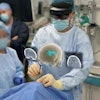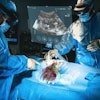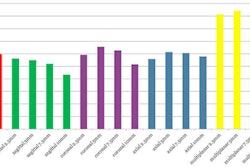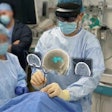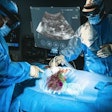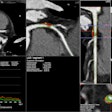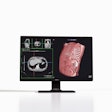Tablet devices have the potential to improve the education of radiology residents, according to an article in the June issue of the Journal of the American College of Radiology.
A research team from Tufts Medical Center performed a multi-institutional survey of radiology residents across the U.S. and found that 81% of respondents believed they would spend more time learning radiology if they were provided with a tablet device.
"Benefits, such as more study time, may be obtained by radiology programs that incorporate tablet devices into the education of their residents," wrote co-authors Dr. Aiham Korbage and Dr. Harprit Bedi (JACR, June 2012, Vol. 9:6, pp. 426-429).
The survey received 308 responses and consisted of 12 questions that assessed the type of institution, the levels of training of respondents, and book funds allocated to residents. It also gathered information on residents' study habits, access to portable devices, and use of printed and electronic radiology resources.
The researchers found that radiology residents often use online resources and mobile devices; 74% owned smartphones and 37% owned tablet devices. The respondents also indicated that they spend nearly equal amounts of time learning radiology from printed textbooks compared to electronic resources.
Further studies would be helpful to objectively compare the amount of time residents spend learning radiology before and after the ownership of tablet devices, the authors wrote.
